How do we transcend the cliched and gratuitous fight scene when writing violence? How do we create a scene that will engage smart readers in critical, aware and rigorous ways? Writing violence in literary narratives is no different than any other scene, really. It is all about focusing on the character as unique. In this Writing Violence Workshop, we will explore scenes from Toni Morrison’s Beloved, Cormac McCarthy’s The Road, Alice Munro’s “Runaway” and Maya Angelou’s I Know Why the Caged Bird Sings as character focused violence in literary fiction and creative nonfiction.
Writing Violence Goals
-
- Identify the difference between writing gratuitous violence and writing essential violence within literature;
- Identify language that elicits smart context within violent scenarios;
- Explore the characters as human, flawed and unique;
- Develop character-rich tensions within scenarios.
Writing Violence Course Format
Each week, you will have access to a new lesson. Work at your own pace. When you are ready for individualized feedback—developmental, line and end notes—from one of our faculty members, submit your work. Instructors have graduate degrees and professional publication experience in their workshop focuses. Participants may complete assignments anytime. We are open to English-speaking and writing participants both locally and globally and encourage gender and ethnic diversity in our workshops.
Writing Violence Course Materials
-
- Angelou, Maya. I Know Why the Caged Bird Sings. 1969.
- McCarthy, Cormac. The Road. 2007
- Morrison, Toni. Beloved. 1987.
- Munro, Alice. “Runaway.” 2004.
Additional & Suggested Materials
-
- Burroway, Janet, Elizabeth Stuckey-French and Ned Stuckey-French. Writing Fiction: A Guide to Narrative Craft.
- Derrida, Jacques. “Cogito et Histoire de la Folie.” 1963.
- Harmon, William. A Handbook to Literature. 2011.
- Kandel, Eric. The Age of Insight: The Quest to Understand the Unconscious in Art, Mind, and Brain, from Vienna 1900 to the Present. 2012.
- National Institute of Mental Health. Cognitive Neuropsychology Section, Laboratory of Brain and Cognition.
- O’Conner, Patricia T. Woe is I: The Grammarphobe’s Guide to Better English in Plain English.
- Puchner, Martin et al. The Norton Anthology of World Literature.
- Rosen, Gideon and Alex Byrne. The Norton Introduction to Philosophy.
- Shawl, Nisi and Cynthia Ward. Writing the Other.
- Stevenson, Angus and Christine A. Lindberg. New Oxford American Dictionary.
- Strunk, William. The Elements of Style.
- Truss, Lynne. Eats Shoots and Leaves: The Zero Tolerance Approach to Punctuation.
Contributing Faculty
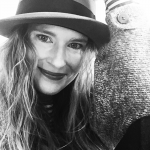 Rae Bryant is the author of the short story collection, The Indefinite State of Imaginary Morals. Her fiction, prose-poetry and essays have appeared in print and online at The Paris Review, The Missouri Review, Diagram, StoryQuarterly, McSweeney’s, New World Writing, Gargoyle Magazine, and Redivider, among other publications and have been nominated for the Pen/Hemingway, Pen Emerging Writers, &NOW Award and Pushcart Prize. She has won awards in fiction from Whidbey Writers and The Johns Hopkins University. She earned a Masters in Writing from Hopkins where she continues to teach creative writing and is editor in chief of The Doctor T. J. Eckleburg Review. She has also taught in the International Writing Program at The University of Iowa. She is represented by Jennifer Carlson of Dunow, Carlson and Lerner.
Rae Bryant is the author of the short story collection, The Indefinite State of Imaginary Morals. Her fiction, prose-poetry and essays have appeared in print and online at The Paris Review, The Missouri Review, Diagram, StoryQuarterly, McSweeney’s, New World Writing, Gargoyle Magazine, and Redivider, among other publications and have been nominated for the Pen/Hemingway, Pen Emerging Writers, &NOW Award and Pushcart Prize. She has won awards in fiction from Whidbey Writers and The Johns Hopkins University. She earned a Masters in Writing from Hopkins where she continues to teach creative writing and is editor in chief of The Doctor T. J. Eckleburg Review. She has also taught in the International Writing Program at The University of Iowa. She is represented by Jennifer Carlson of Dunow, Carlson and Lerner.
Why Online Writing Workshops?
Online writing workshops present the best of both worlds for creative writers: creative isolation and craft interaction. The New Yorker article by Louis Menand, “Show or Tell: Should Creative Writing be Taught?” proposes the perennial question of whether or not writers can be taught or must be born. Our stance at The Eckleburg Workshops is that writers can be shown many craft writing skills and be encouraged to explore voice through the practice of these skills as well as the observation of these skills in both master and developing narratives. It is our stance that creative writing can be sculpted and nurtured and is best taught by published authors and experienced writing teachers. This is what we give you in each and every writing course and in our One on One individualized manuscript sessions.

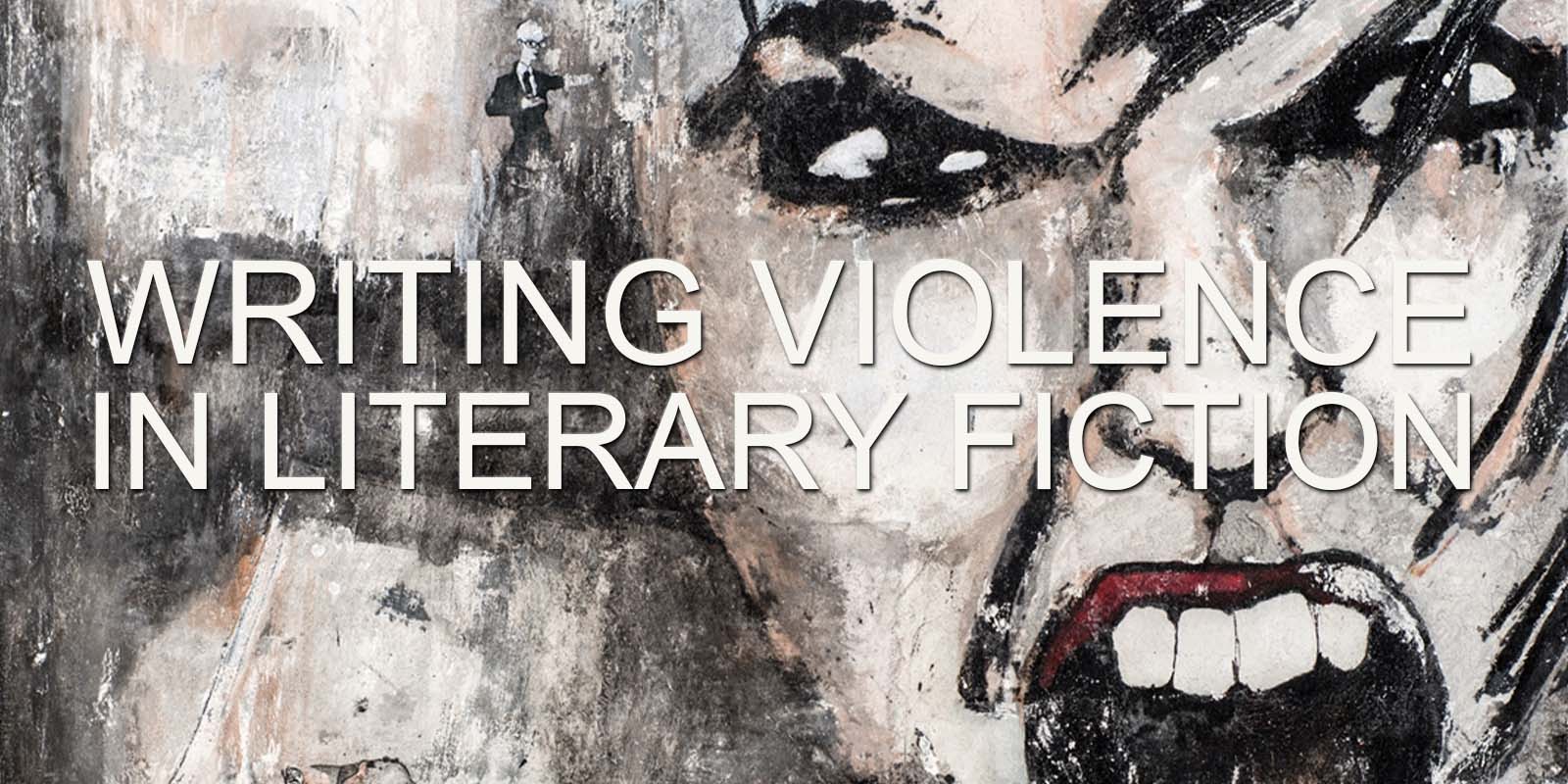
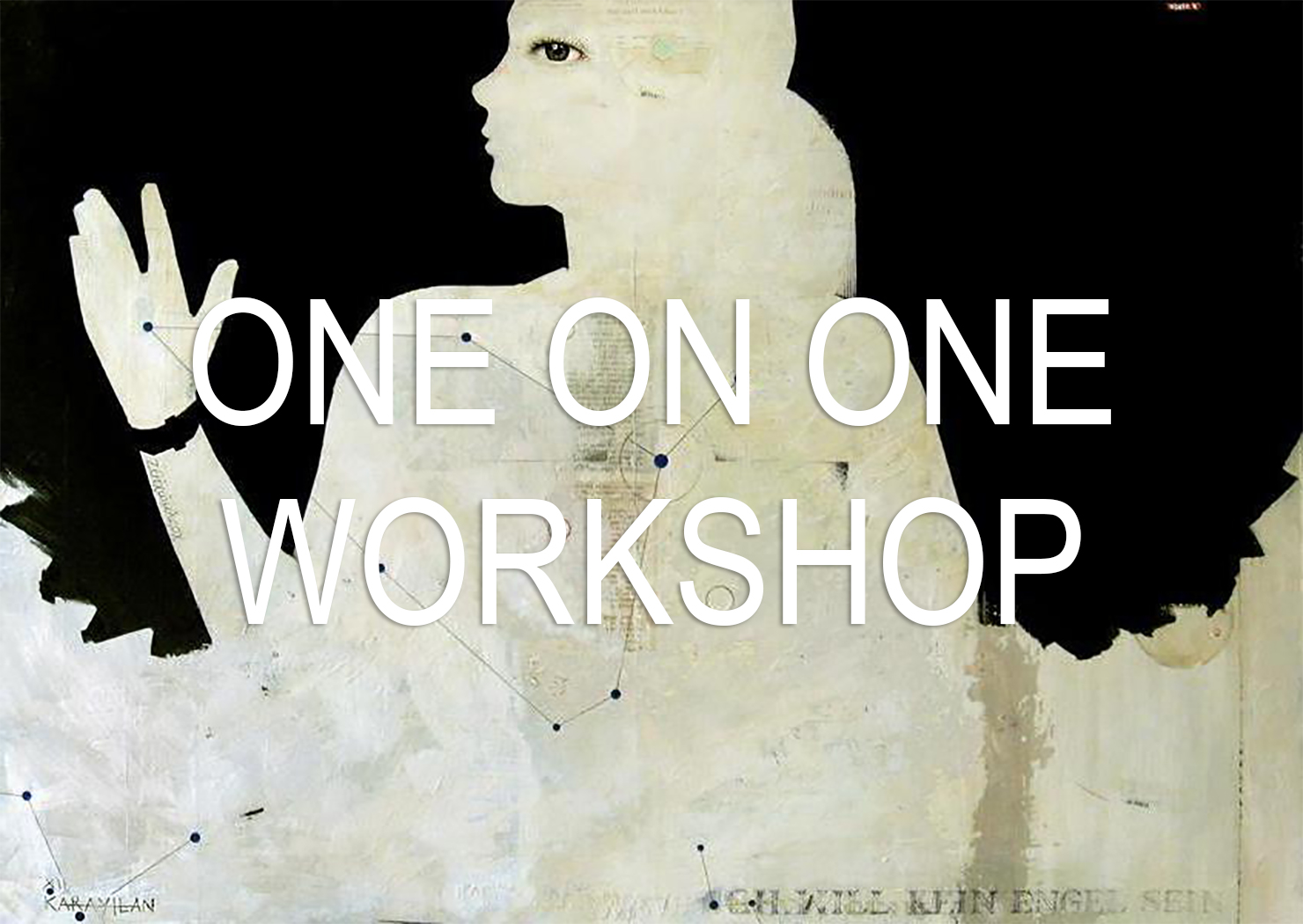
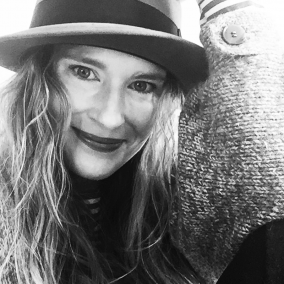 Rae Bryant is the author of the short story collection, The Indefinite State of Imaginary Morals. Her stories, essays, and poetry have appeared in print and online at
Rae Bryant is the author of the short story collection, The Indefinite State of Imaginary Morals. Her stories, essays, and poetry have appeared in print and online at 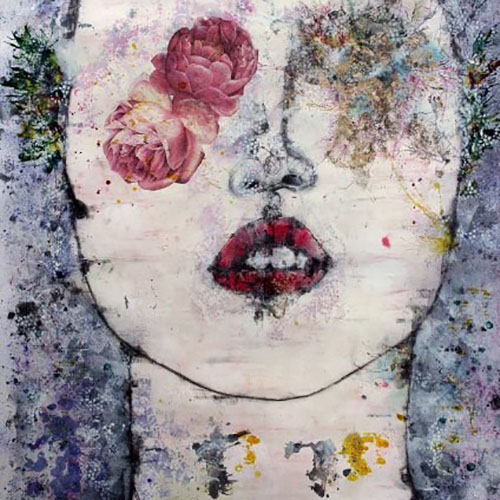
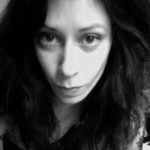 Born to a Mexican mother and Jewish father,
Born to a Mexican mother and Jewish father, 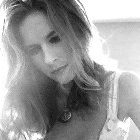
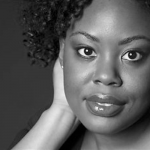
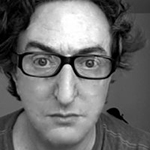 Adam Klein
Adam Klein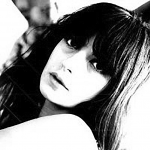 ARTIST | Born in Damascus,
ARTIST | Born in Damascus,